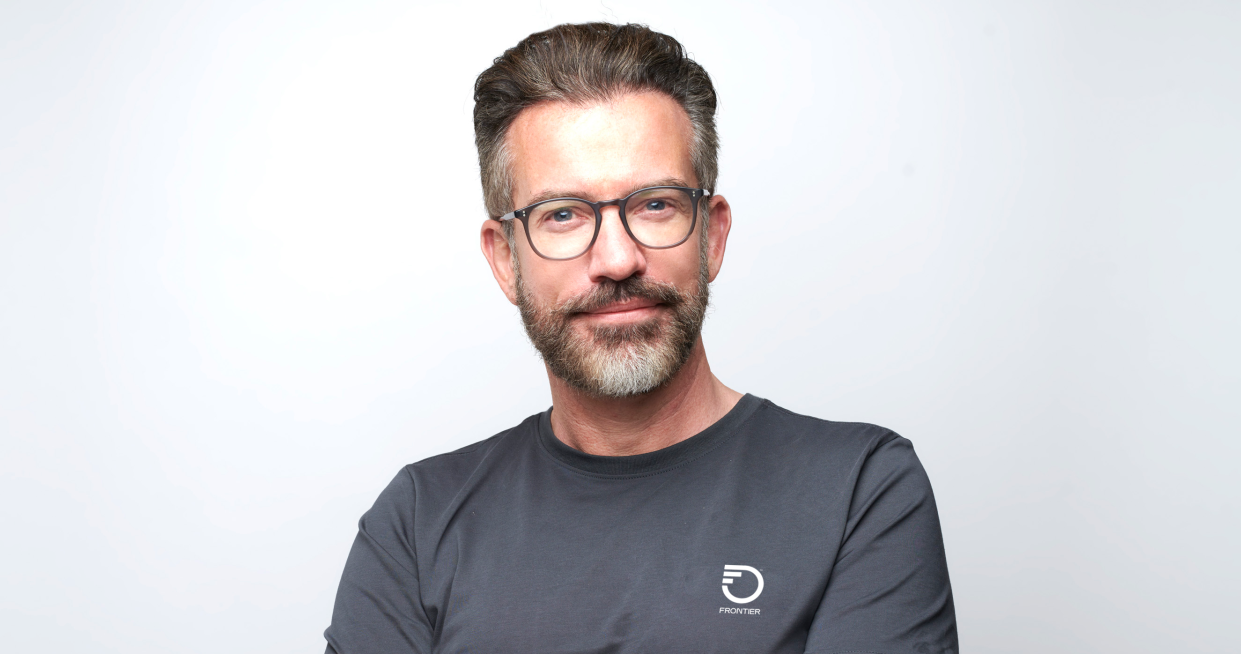Fixed Wireless Vs. Fiber Like 'Comparing a Ferrari to a Horse,' Frontier CEO Nick Jeffery Says

Frontier Communications CEO Nick Jeffery said he believes his company's fiber-based networks will ultimately win the battle with cheaper fixed wireless offerings from competing telcos, adding that measuring the differences between the two technologies is like "comparing a Ferrari to a horse."
Fixed wireless access (FWA) has emerged as a viable broadband alternative, especially in rural markets where building fiber is costly. In Q2, T-Mobile said it added 565,000 FWA subscribers, beating analyst predictions soundly.
Also: Charter Says Fixed Wireless Was a Factor in Q2 Subscriber Declines
Cable operators have criticized FWA service as an inferior technology, adding that while it may be an alternative to even slower copper-based digital subscriber line service from telcos, it hasn’t been a major factor in the overall broadband subscriber slowdown.
Frontier embarked on its "Gigabit America" initiative — its plan to bring fiber to 10 million homes by 2025 — shortly after emerging from bankruptcy protection in 2021. So far, the company has extended the network to about 4.4 million homes and expects to build out 1.1 million to 1.2 million new locations this year.
At the Goldman Sachs Communacopia + Technology conference Tuesday, Jeffery said that data usage among its customers is just too high — fiber customers average 1 Terabyte per month of data usage, with top tier subscribers consuming 2 Terabytes — for fixed wireless to make a dent.
Also: Fixed Wireless Could Add 10 million Subscribers By 2027, Analysts Say
“If you had a choice between high-speed symmetrical fiber and FWA, you’d always choose fiber,” Jeffery said at the conference. “Which means FWA is probably picking up segments of younger people in shared homes that move, and they’re a very difficult segment to make money out of. And eventually those customers, once they settle into their homes, they will flip to fiber. I think FWA will grow, it will have some impact on our copper base, we’re watching it closely, but at the end of the day we’re really comparing a Ferrari to a horse.”
Jeffery was equally confident about Frontier’s position versus cable operators, who until recently, have dominated the broadband market. He added that Frontier has three sources of growth — movers, copper-to-fiber migration and winning share from cable.
“It’s very, very clear that we are taking the majority of our customers from cable, no doubt about that,” he said. “It’s based on the underlying truth that fiber is a fundamentally better product than cable.”
Jeffery expects that momentum to continue as cable operators build out DOCSIS 4.0 networks. DOCSIS 4.0 is expected to deliver up to 10 Gigabit per second speeds over hybrid fiber-coax networks. The Frontier CEO said DOCSIS 4.0 is too expensive, will take years to fully deploy and still would be inferior to existing fiber networks.
“Frontier’s fiber network is 10-gig capable end-to-end today to the home,” Jeffery said.
Jeffery joined Frontier in 2020 after serving as CEO of European telecom giant Vodafone UK, which went through its own problems in the past. When he took the helm of Vodafone UK in 2016, Jeffery said the company had a terrible brand reputation, negative NPS scores and poor employee engagement. Five years later Vodafone UK is taking market share from every segment, has the highest NPS scores in its markets and has the highest employee engagement among its peers.
“It’s winning left, right and center,” Jeffery said, adding he sees Frontier moving along the same path.
“If I map that across into Frontier’s early experience, we are already taking share against every competitor in every geography that we work, the brand is repairing, NPS is going up, internal engagement is accelerating,” Jeffery added. “All of those things are happening. It does take a number of years for those things to fully embed in the market, but when they do, customers will come to us because they want the best product, they want the best service. They want to be associated with a modern, fun, agile tech company and that’s what we’re setting out to build.” ■

